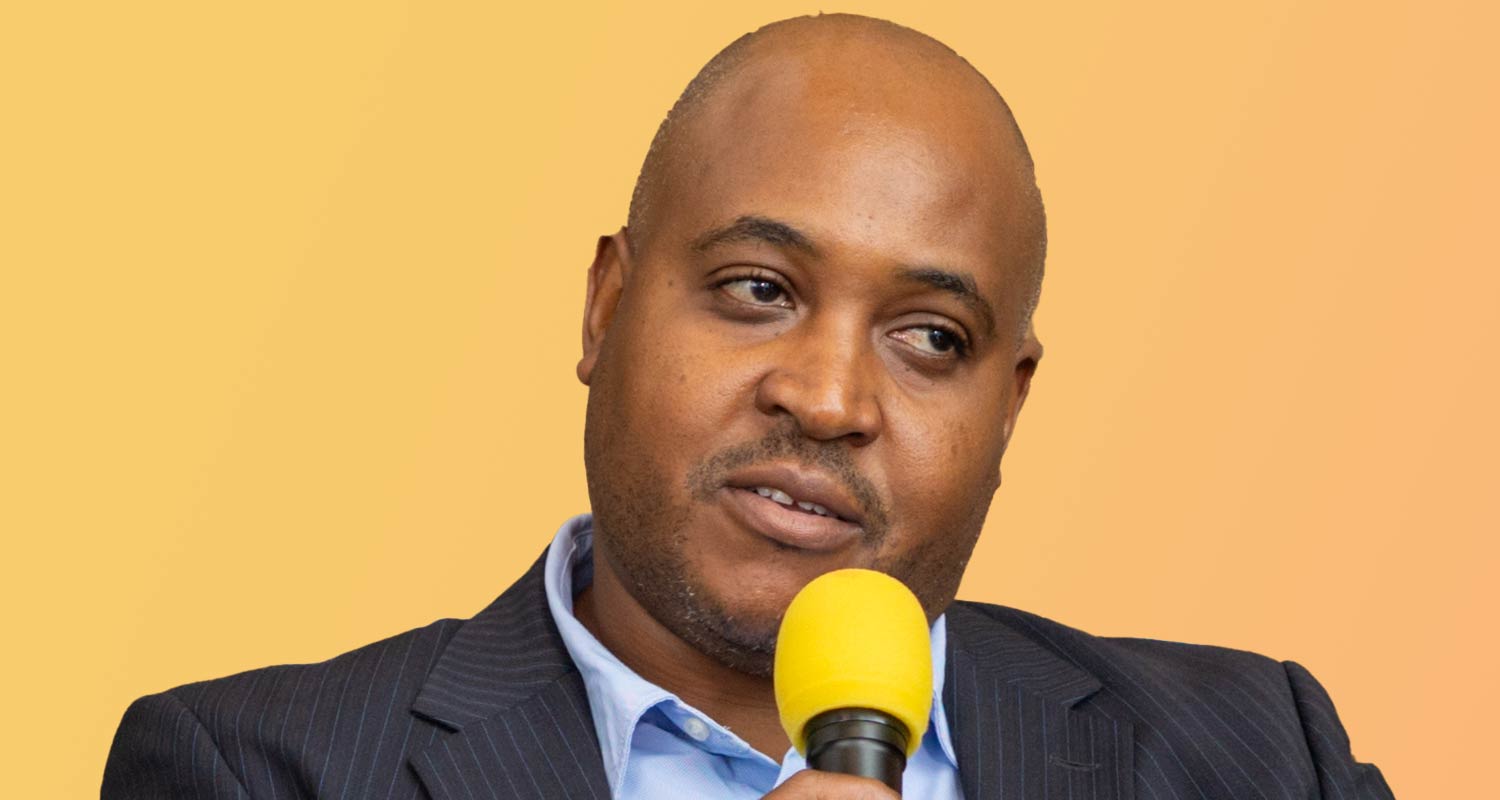Try our mobile app

Africa Data Centres chief financial officer Finhai Munzara Africa Data Centres (ADC) has broken ground on a 12MW solar farming facility in the Free State. Once completed, the facility will wheel power to the company’s data centres in Johannesburg and Cape Town under a 20-year power purchase agreement with Distributed Power Africa (DPA) Southern Africa, a sister company to ADC in the Cassava Technologies stable. “Construction starts in the next three months, and we are looking to have 12MW available for the grid in the next 12 months,” said Finhai Munzara, chief financial officer at ADC, at a press conference in Midrand on Monday. The project will develop in two phases, with the first phase to feed ADC’s Cape Town data centre According to Munzara, the project is part of ADC’s two-pronged strategy aimed at decreasing the data centre operator’s reliance on grid power while decarbonising the company’s energy sources. ADC’s goal is to achieve carbon neutrality, or a net-zero emissions profile, though it didn’t specify a date. Part of the initiative, said Munzara, involves maximising the energy efficiency of ADC’s data centre operations through on-site solar. But given the restricted size of its data centre campuses, ADC has had to outsource additional solar generation capacity to an independent power producer (IPP) for it to be able to scale its renewables profile. “Unless you have vast tracts of land next to your data centres, there is only so much you will be able to generate on-site. That is why these partnerships with IPPs and the wheeling frameworks are so important,” said Munzara. The project will develop in two phases, with the first phase to feed ADC’s Cape Town data centre and the second to supply its Johannesburg operations. Framework Munzara explained that the choice to supply Cape Town first was not strategic but rather a consequence of that city being the first to have the necessary wheeling regulatory framework and infrastructure in place ahead of others. Talks with the cities of Johannesburg and Tshwane (Pretoria) are “at an advanced stage”, he added. The move by ADC signifies the data centre industry’s shift towards sourcing independently produced power amid the ongoing load shedding crisis. Teraco, a competitor to ADC, announced in February that it had signed a capacity allocation deal with Eskom that would allow for the wheeling of 120MW of electricity from a solar farm, also in the Free State, to its facilities across the country. Read: How data centres are battling South Africa’s energy crisis IPPs are attracted to the Free State region, and not only becaue of the amount of cheap land available there. According to DPA Southern Africa CEO Nawfal El Fadil, the Free State region was chosen for its solar farm because the area has high-quality solar irradiation. This means that the intensity of sunshine in the area is high, allowing for the generation of more power per unit area (watts/m2) for solar farming projects. El Fadil acknowledged that the facility could have been closer to Cape Town – where its partner ADC has an operational facility under renovation, with another under construction – but transmission capacity is constrained there and additional generation capacity cannot be integrated “without affecting the rest of the grid”, he said. ADC’s Munzara said the company plans to expand its renewable energy sources to the point where the input from renewables matches the demand from its data centres. He did, however, acknowledge that this would not lead to ADC going off grid-supplied power entirely. “Unfortunately, we cannot generate solar power at night, so we still have to stay on the grid to cater for that,” he said. “As a big energy user, we can use renewable energy sources to alleviate pressure from the power generation utility (Eskom). We can also take the savings we get from using renewables and pass those onto our customers,” said Munzara. – © 2024 NewsCentral Media Get breaking news alerts from TechCentral on WhatsApp